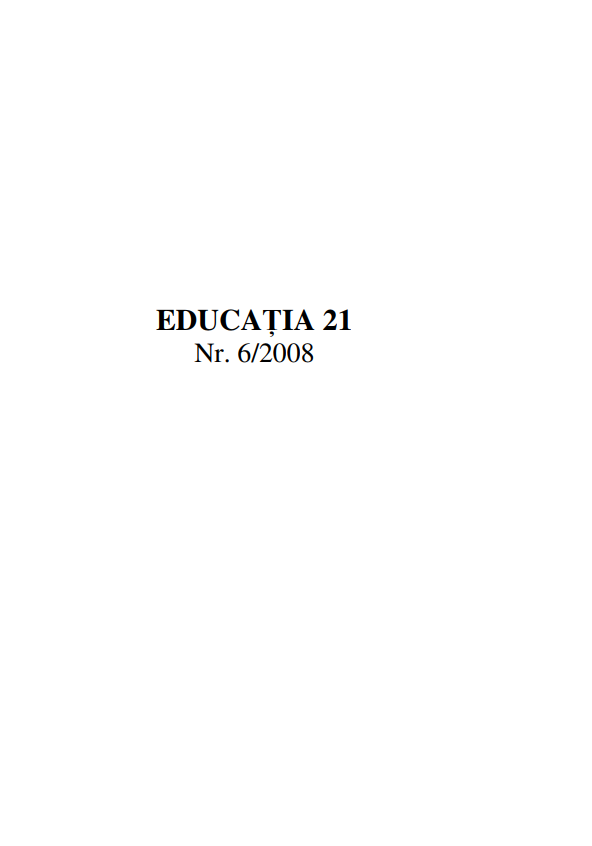Study on learning situations starting from regional geography maps and the constructivist theory
Study on learning situations starting from regional geography maps and the constructivist theory
Author(s): Maria Eliza Dulamă, Oana Ramona IlovanSubject(s): Philosophy, Regional Geography, School education, Cognitive Psychology, Behaviorism
Published by: Universitatea Babeş-Bolyai
Keywords: constructivism; Regional Geography; knowledge; learning model; learning situation; radical constructivism; cognitive constructivism; moderate constructivism;
Summary/Abstract: In the first part of our paper we present several theoretical aspects on constructivism, radical constructivism, cognitive constructivism, and on the social one. We researched on how knowing reality is planned and organised during Regional Geography classes starting from the behaviourist theory, from radical constructivism, and from cognitive constructivism. We tried to find the answer to the following question: if the subject to be known is France, how could students know the reality of this country, during an experiential learning situation, according to the theories of radical and cognitive constructivism? In this paper we present a comparative study on traditional learning situations, based on achieving knowledge through observation, receiving, and memorising, according to moderate constructivism and learning situations organised according to cognitive constructivism. Taking into account the features of each learning situation, students find themselves on different knowledge levels: the level of identifying elements from reality or from its representation; the level of analysing the identified elements; the level of interpreting the identified elements; the level of restructuring the identified elements. We drew the conclusion that each student might get involved adequately in a learning situation constructed according to the principles of radical or of cognitive constructivism if he or she was previously involved into learning situations where the teacher helped in achieving knowledge models.
Journal: Educatia 21
- Issue Year: 2008
- Issue No: 6
- Page Range: 76-91
- Page Count: 16
- Language: English

